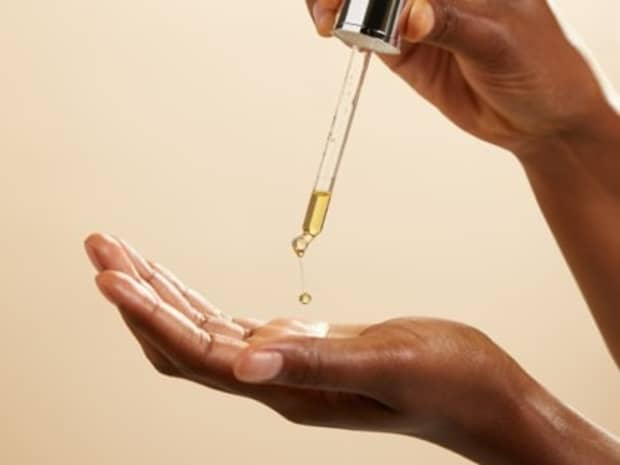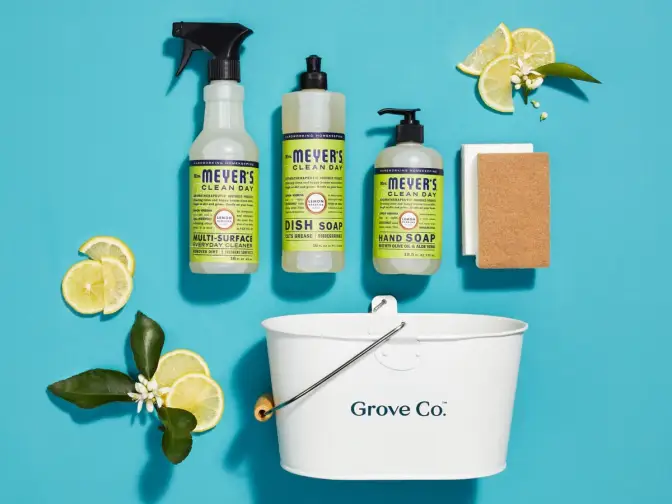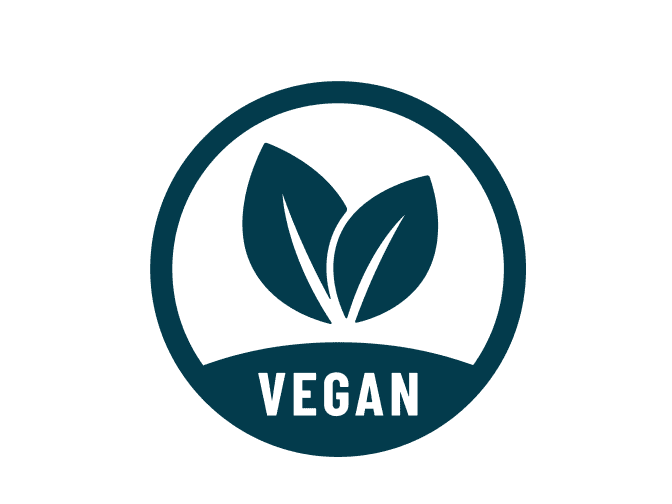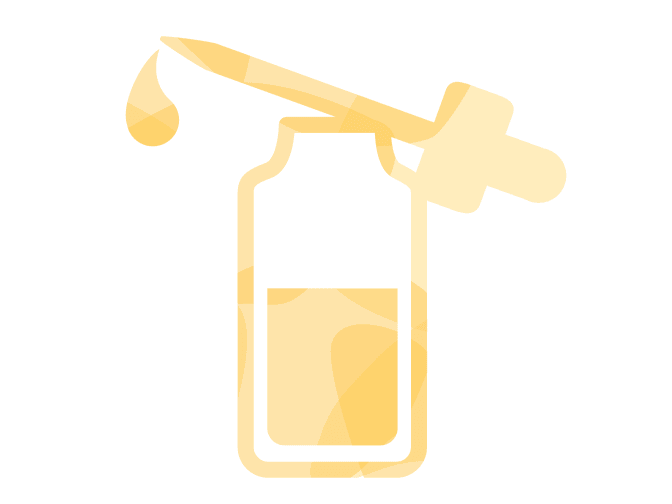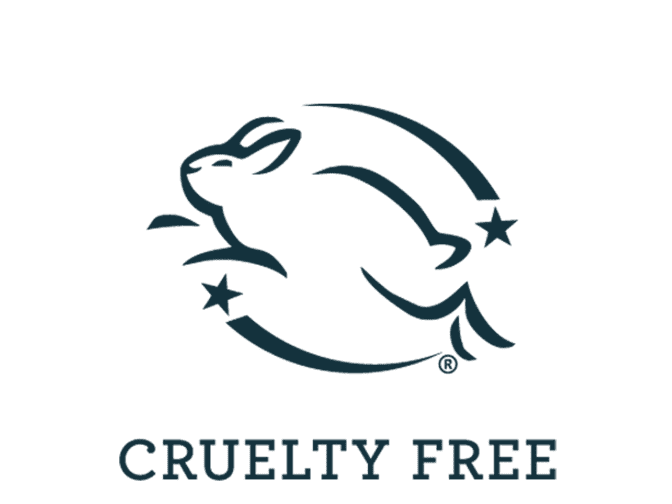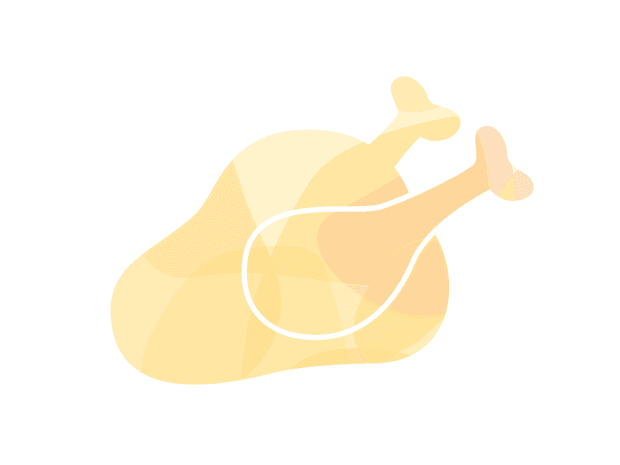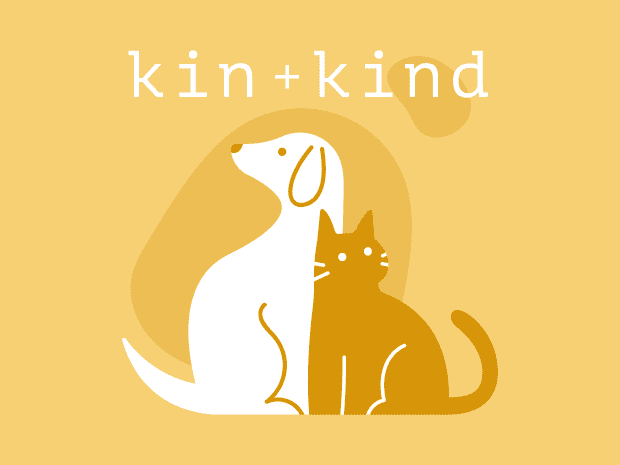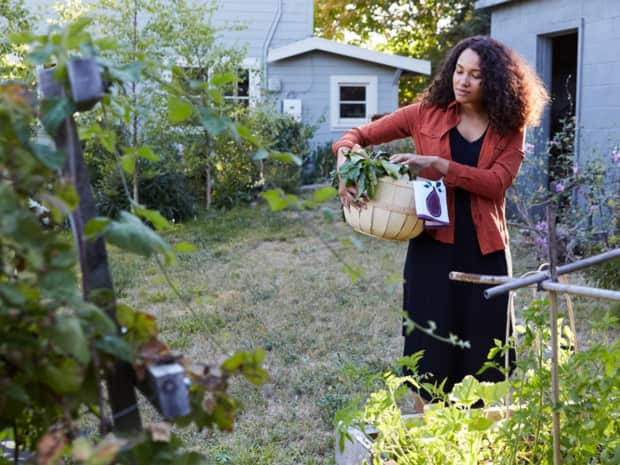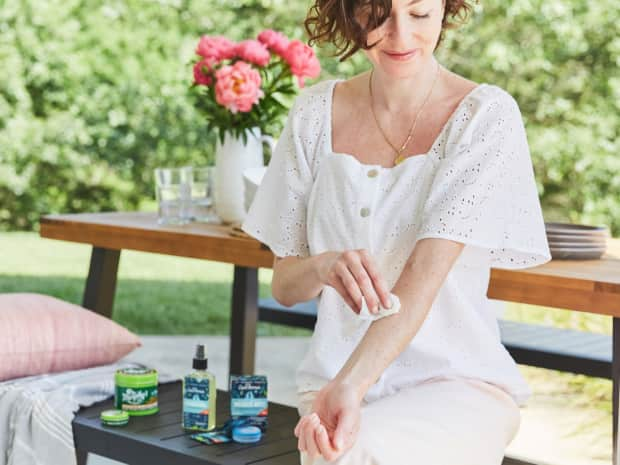What is vegetarianism?
Vegetarianism is typically a diet that excludes animal meats, fish, gelatine or animal rennet, and stock or fat from animals. However, foods and products that include animal-sourced ingredients, like dairy, eggs, and beeswax, are generally okay.
So if you're the kind of person who has sworn off meat but would happily eat an entire wheel of brie in one sitting (or two sittings — we don't need to get crazy), then vegetarianism is for you.
In terms of beauty products, a person who follows vegetarianism would not purchase items that contain gelatine or products made from animals, like collagen.

